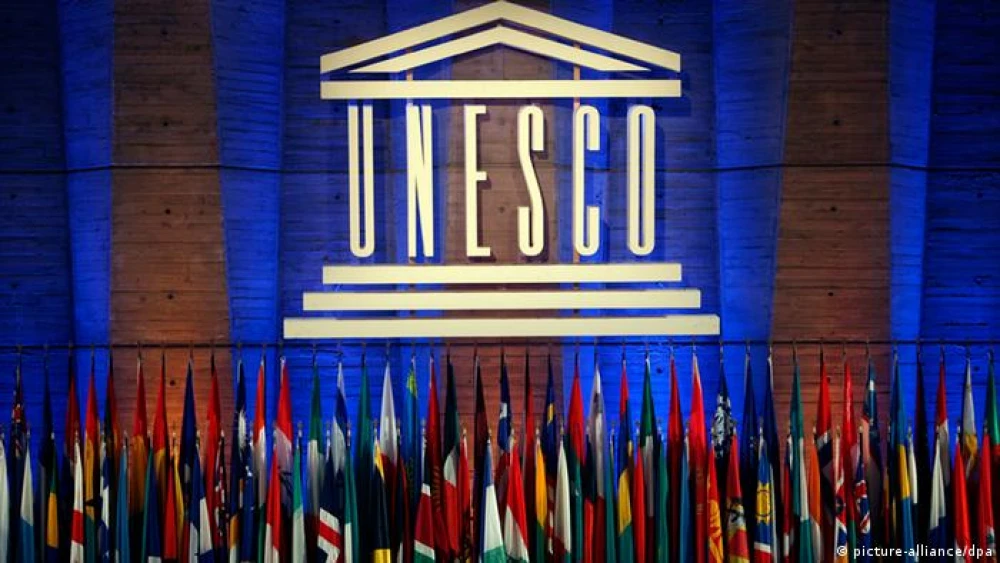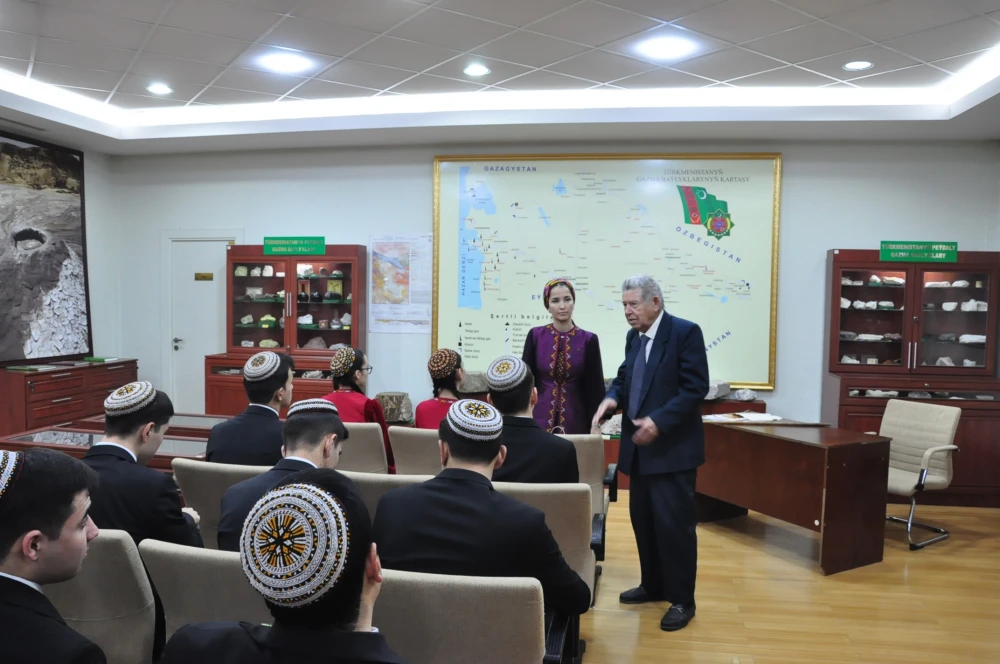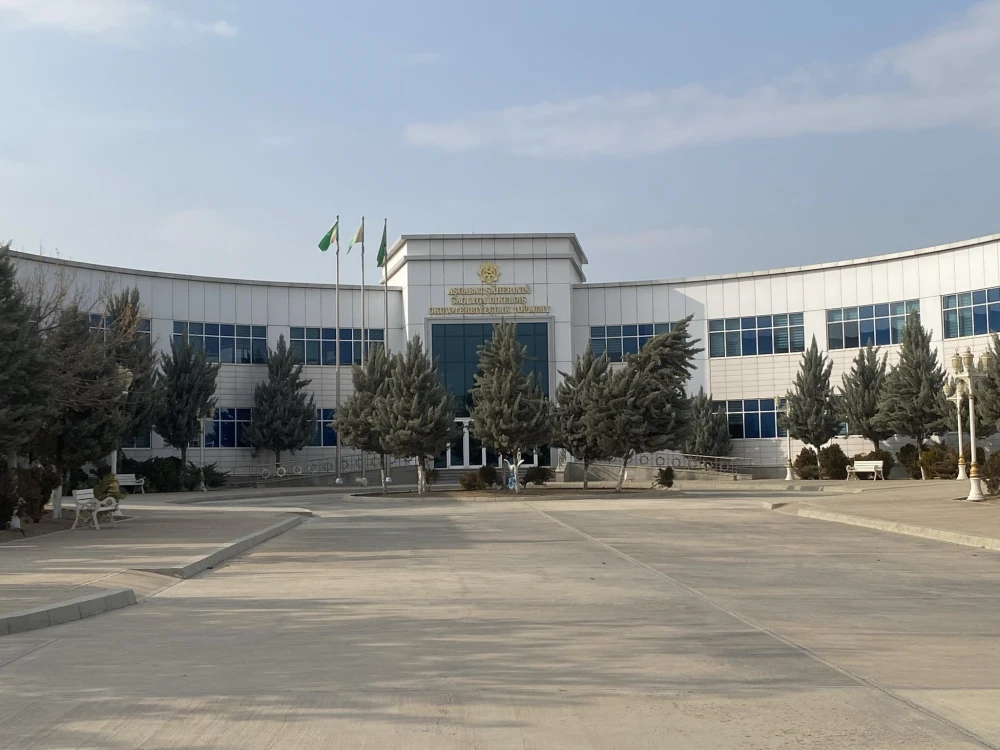
18/07/2023
1493
Protocol to the Convention for the Protection of Cultural Property in the Event of Armed Conflict
The Hague Convention for the Protection of Cultural Property in the Event of Armed Conflict is the first international treaty that focuses exclusively on the protection of cultural property in armed conflict. It was signed at The Hague, Netherlands, on 14 May 1954 and entered into force on 7 August 1956. As of July 2021, it has been ratified by 133 states. The provisions of the 1954 Convention were supplemented and clarified by two protocols concluded in 1954 and 1999. All three agreements are part of International Humanitarian Law, which, in the form of further agreements, primarily include provisions defining the permissible means and methods of warfare and aiming at the widest possible protection of people not involved in the fighting. In contrast to these parts of International Humanitarian Law, the agreements on the protection of cultural property were drawn up under the auspices of the United Nations, the United Nations Educational, Scientific and Cultural Organization (UNESCO). They are primarily responsible for the dissemination and monitoring of compliance. In addition to rules designed to ensure the protection and respect of cultural property during the armed conflicts, these agreements also provide for security measures to be implemented in times of peace. The Blue Shield International, based in The Hague, is active in the field of international coordination with regard to military and civil structures for the protection of cultural assets. The guiding principles of the Convention and the motivation for its conclusion, dissemination and respect are summarized in the preamble, which states, among other things: … that any damage to cultural property, irrespective of the people it belongs to, is a damage to the cultural heritage of all humanity, because every people contributes to the world’s culture… The Hague Convention outlines various prohibitions and obligations which States Parties are expected to observe, both in peace time and in times of conflict. Broadly, the Hague Convention requires that States Parties adopt protection measures during peace time for the safeguarding of cultural property. Such measures include the preparation of inventories, preparation for the removal of movable cultural property and the designation of competent authorities responsible for the safeguarding of cultural property. The Convention also requires the establishment of special units within national military forces, to be charged with responsibility for the protection of cultural property. Furthermore, States Parties are required to implement criminal sanctions for breaches of the Convention, and to undertake promotion of the Convention to the general public, cultural heritage professionals, the military and law-enforcement agencies. The Hague Convention sets out a minimum level of respect which all States Parties must observe, both in relation to their own national heritage as well as the heritage of other States Parties. States are obliged not to attack cultural property, nor to remove or misappropriate movable property from its territory of origin. Only exceptional cases of “military necessity” will excuse derogation from this obligation. However, a State Party is not entitled to ignore the Convention’s rules by reason of another Party’s failure to implement safeguarding measures alone. This is set out in Article 4 of the Hague Convention: The High Contracting Parties undertake to respect cultural property situated within their own territory as well as within the territory of other High Contracting Parties by refraining from any use of the property and its immediate surroundings or of the appliances in use for its protection for purposes which are likely to expose it to destruction or damage in the event of armed conflict; and by refraining from any act of hostility directed against such property. Currently there are 13 cultural properties from 8 States Parties inscribed on the Enhanced Protection List. These include sites in Azerbaijan, Belgium, Cambodia, Cyprus, Georgia, Italy, Lithuania, and Mali. In general, the Convention needs to improve the protection of cultural property in the event of armed conflict and to establish an enhanced system of protection for specifically designated cultural property.
Oguljahan JOBBOROVA,
the II year student of the Faculty of International Law
of the Institute of International Relations
of the Ministry of Foreign Affairs of Turkmenistan.


